Poor gastrointestinal health may lead to acne on the chin, mainly related to digestive disorders, toxin accumulation, hormone imbalance, weakened immunity, dietary stimulation, and other factors.
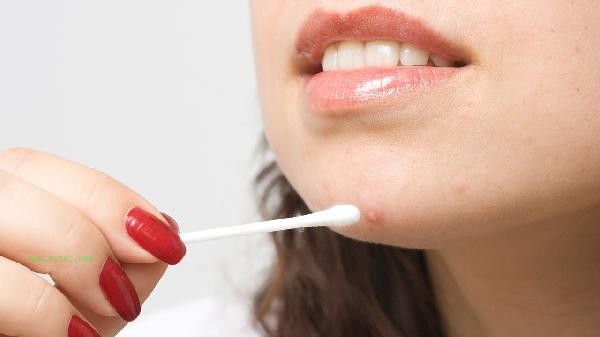
1. Digestive dysfunction
Weakened gastrointestinal function can affect food digestion and absorption, and incompletely decomposed food residues may enter the bloodstream through the intestines, stimulating increased skin oil secretion. Oil blocking pores can easily trigger inflammatory reactions and form acne in the chin area. Regular intake of digestible foods such as millet porridge and yam will help improve gastrointestinal motility.
2. Accumulation of toxins
When the gut microbiota is imbalanced, harmful substances cannot be eliminated in a timely manner, and toxins can induce local immune reactions when they reach the skin through the bloodstream. The skin on the chin is thinner and the sebaceous glands are denser, making it more prone to red papules or pustular acne. supplementing fermented foods containing probiotics appropriately can regulate the gut microbiota.
3. Hormonal imbalance
Gastrointestinal problems are often accompanied by autonomic nervous system disorders, which may interfere with testosterone levels in the body and stimulate excessive secretion of sebaceous glands. This type of acne is often manifested as deep hardening and recurrent attacks, which may worsen in women before menstruation. Ensuring adequate sleep and moderate exercise can help stabilize the endocrine system.
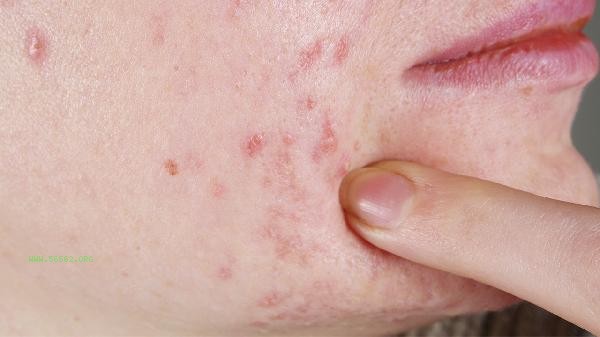
4. Decreased immunity
Long term gastrointestinal discomfort can weaken the body's immune system and reduce the skin's ability to fight Propionibacterium acnes. This type of acne is often accompanied by redness, swelling, heat, and pain in the surrounding skin, with a longer recovery period. Consuming foods rich in zinc, such as oysters and pumpkin seeds, can help enhance skin repair ability.
5. Dietary stimulation
A high sugar and high-fat diet can increase the burden on the gastrointestinal tract, while promoting the secretion of insulin-like growth factor, directly stimulating sebaceous gland hyperplasia. This type of acne is mostly densely distributed and is common among people who enjoy spicy and fried foods. Suggest using steaming, boiling, and other cooking methods instead of frying. Improving gastrointestinal function requires starting with dietary regulation, consuming sufficient dietary fiber such as oats, celery, etc. daily to promote bowel movements, and avoiding drinking coffee or strong tea on an empty stomach. Proper abdominal massage can enhance gastrointestinal peristalsis, and maintaining aerobic exercise at least three times a week can help eliminate metabolic waste. If acne persists or is accompanied by severe gastrointestinal symptoms, timely medical attention should be sought to screen for organic diseases such as Helicobacter pylori infection. At the same time, be careful not to squeeze acne with your hands, choose mild amino acid cleansing products, and do physical sunscreen when going out to reduce the risk of pigmentation.
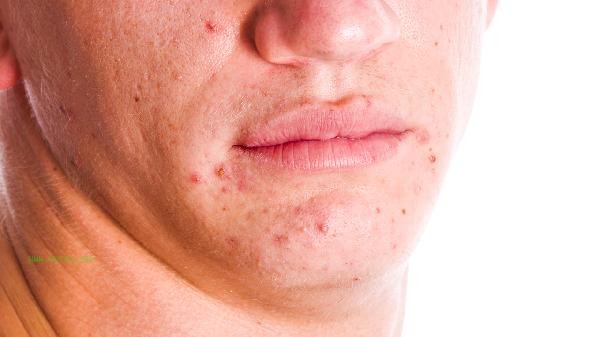

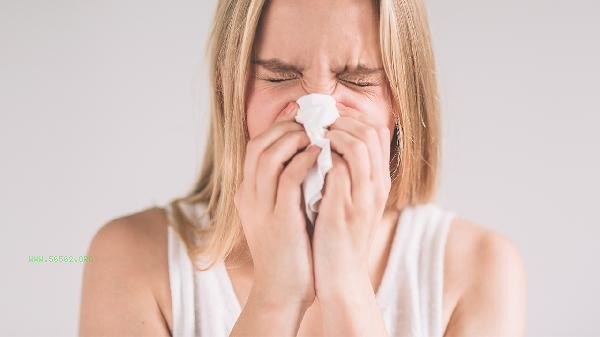

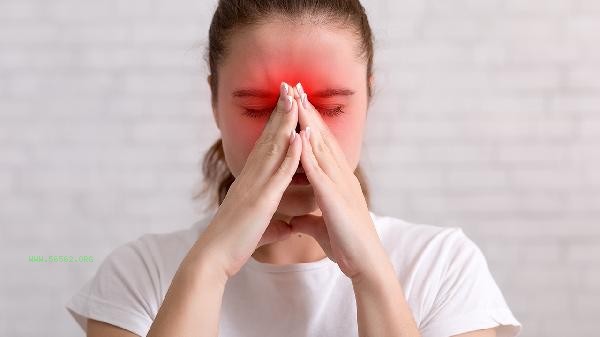
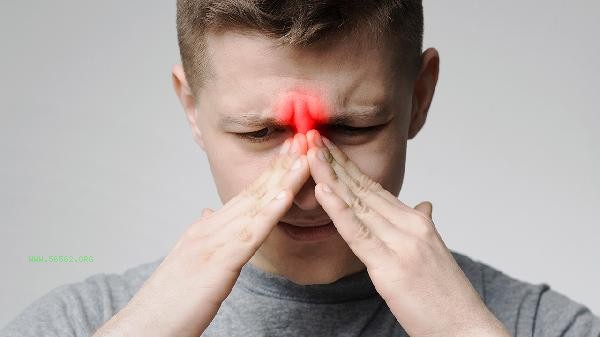
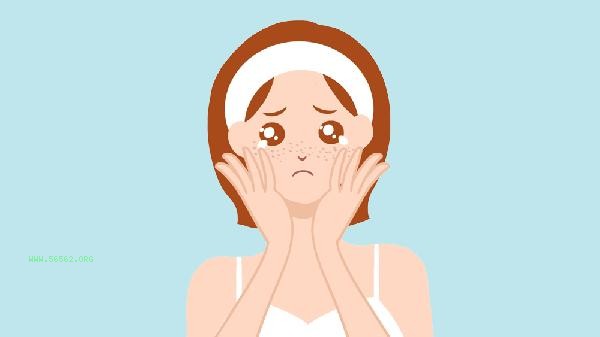



Comments (0)
Leave a Comment
No comments yet
Be the first to share your thoughts!